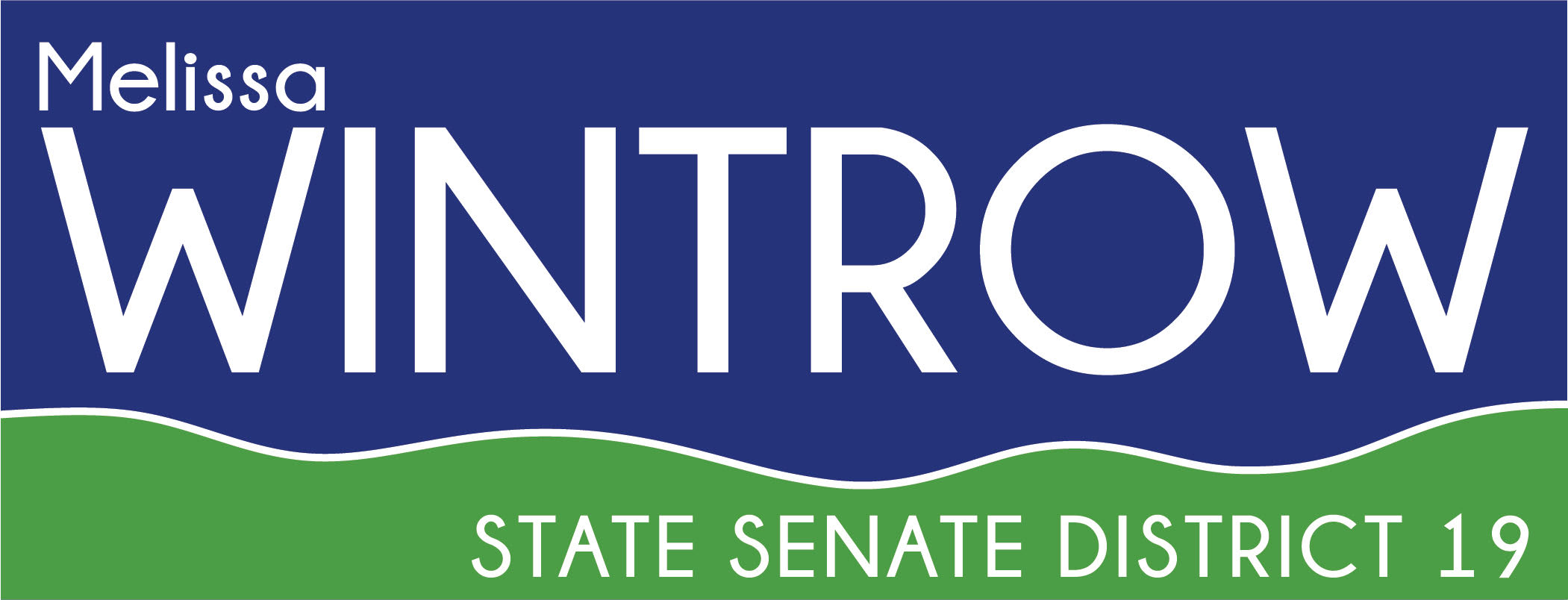The Idaho Press partnered with the League of Women Voters of Idaho to publish these candidate surveys.
Q: 1. What do you hope to accomplish if elected?
I will continue to build on the relationships I have made and continue to pass legislation that focuses on the needs of everyday Idahoans. I will fight special interest groups that are working against the best interests of Idahoans, like one last session that blocked a bill I introduced to provide protection orders for sexual assault survivors and another large organization that fought against providing basic rights for tenants to protect their security deposits.
Q: 2. What experience has prepared you for this office?
I served in the Idaho House for 6 years, passing significant legislation that transformed how we process, track, and preserve sexual assault evidence; Idaho’s system is being adopted nationwide. My committees include Joint Finance & Appropriations, Transportation & Defense, and Judiciary & Rules. I also serve on the Governor’s Criminal Justice Commission and Public Defense Commission. On his COVID Financial Committee, I led the charge on a proposal to provide $15 million for rental assistance.
Q: 3 What changes, if any, would you support related to state funding of public education?
Year after year, Idaho falls short of its constitutional duty to fund a uniform and free public education system. With the tremendous growth we are seeing, assessing new development impact fees would go a long way to make growth pay for itself instead of on the backs of long time residents. As we build homes and neighborhoods, developers could pay for the fair share of building needed new schools or expanding existing schools through appropriate impact fees.
Q: 4. What do you see as Idaho’s prison system’s most important needs and how would you address those?
Overpopulation! Instead of building more prisons, we need to keep people who leave prison from returning by investing in effective re-entry systems and providing resources to help people obtain affordable housing, employment, and health care – things that keep people in community and save money. One program I worked on is to ensure that everyone leaving prison has a photo ID, so they can get a job. Decriminalize minor drug offenses, invest in treatment, and reduce supervision times when we can.
Q: 5. What do you see as Idaho ‘s most important health care system needs and how would you address those?
COVID19 underscores the need to invest in systems to support tele-health. Accessibility and affordability to health care along with predatory debt collection continue to plague us as a state. Idaho ranks at the bottom for doctors per capita. Investment in medical residencies leads to more doctors staying in Idaho, improving health outcomes. To control the COVID pandemic we need strong centralized leadership and strategies that rely on health professionals and science NOT politics.
Q: 6 What changes to income, sales, and property tax policies would you support?
In 2019, we started collecting internet sales tax, with about $80 million in the fund now, but sequestered it away from the general fund. I support investing the $80 million in education now to mitigate the Governor’s cuts during COVID. Remove the cap on the homeowners exemption, raise the amount, and reinstate the indexing to mitigate skyrocketing property taxes due to high growth. Increase tax exemption in the circuit breaker program to support low income senior citizens.
Q: 7 What measures do you support in updating Idaho’s voting processes?
A 2014 Pew Charitable Trust study estimated 21% of the voting-eligible population in the U.S. were not registered to vote, and registration requirements contribute to lower voter turnout. I support initiatives that remove barriers to registration, like automatic voter registration and motor voter programs. I also support a permanent absentee ballot process where voters can choose to vote by mail permanently. Early voting, election day registration, and vote by mail are all things I support.
Q: 8. What are the biggest transportation priorities for Idaho in the next 20 years and how should the state prepare now to fund those projects?
We must create an appropriate way to fund transportation infrastructure that doesn’t drain our state’s general fund and includes a robust public transit system. With more electric and fuel efficient cars on the road, we need to look beyond a traditional gas tax and look at more creative solutions like user fees and local option taxes. Ada and Canyon County leaders should also consult with COMPASS, our metropolitan planning organization, for guidance and recommendations to meet regional needs.
Q: 9. Do you support local option sales tax authority for all cities and counties?
I support local option tax authority and transportation impact fees to fund projects like public transit, especially since the state legislature has not included public transit in its vision of transportation infrastructure. Local option tax authority puts the power in local voters’ hands to make decisions that have an impact on their daily lives.
